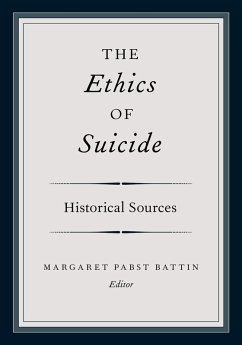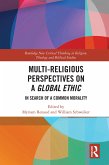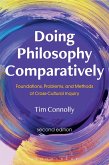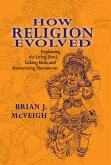Is
suicide wrong, profoundly morally wrong? Almost always wrong, but excusable in a few cases? Sometimes morally permissible? Imprudent, but not wrong? Is it sick, a matter of mental illness? Is it a private matter or a largely social one? Could it sometimes be right, or a "noble duty," or even a fundamental human right? Whether it is called "suicide" or not, what role may a person play in the end of his or her own life? This collection of primary sources--the principal texts of ethical interest from major writers in western and nonwestern cultures, from the principal religious traditions, and from oral cultures where observer reports of traditional practices are available, spanning Europe, Asia, the Middle East, Africa, Oceania, the Arctic, and North and South America--facilitates exploration of many controversial practical issues: physician-assisted suicide or aid-in-dying; suicide in social or political protest; self-sacrifice and martyrdom; suicides of honor or loyalty; religious and ritual practices that lead to death, including
sati or widow-burning,
hara-kiri, and
sallekhana, or fasting unto death; and suicide bombings, kamikaze missions, jihad, and other tactical and military suicides. This collection has no interest in taking sides in controversies about the ethics of suicide; rather, rather, it serves to expand the character of these debates, by showing them to be multi-dimensional, a complex and vital part of human ethical thought.
Dieser Download kann aus rechtlichen Gründen nur mit Rechnungsadresse in A, B, BG, CY, CZ, D, DK, EW, E, FIN, F, GR, HR, H, IRL, I, LT, L, LR, M, NL, PL, P, R, S, SLO, SK ausgeliefert werden.









